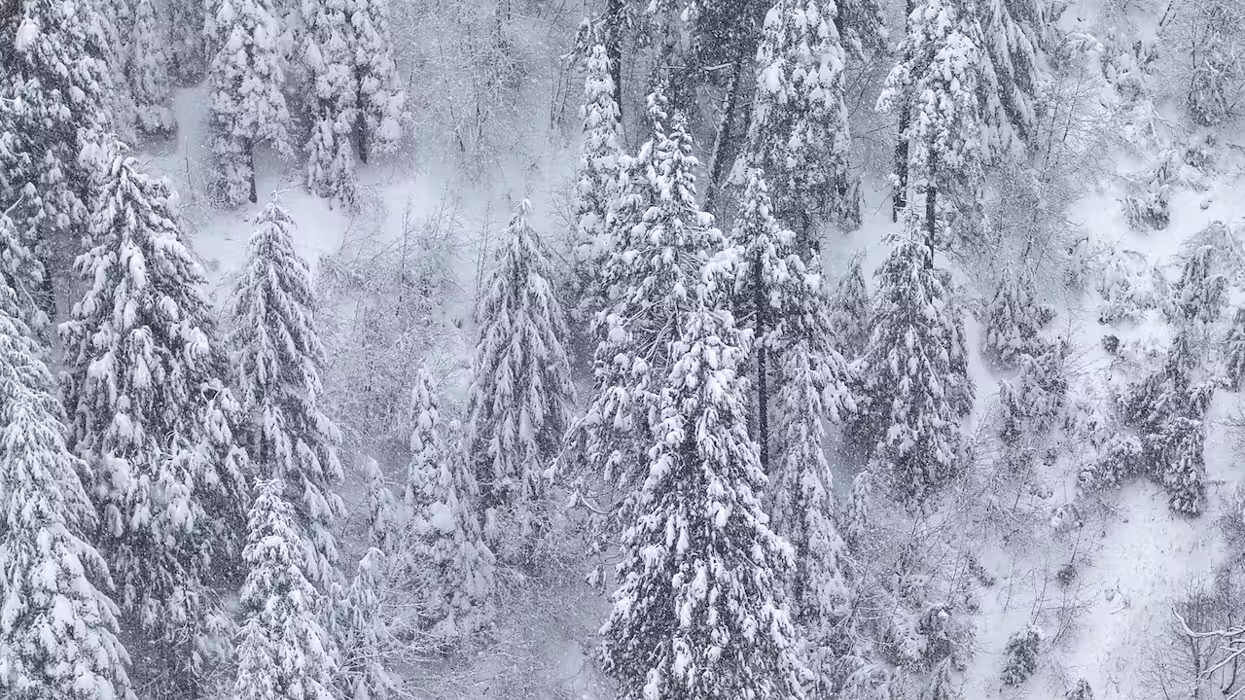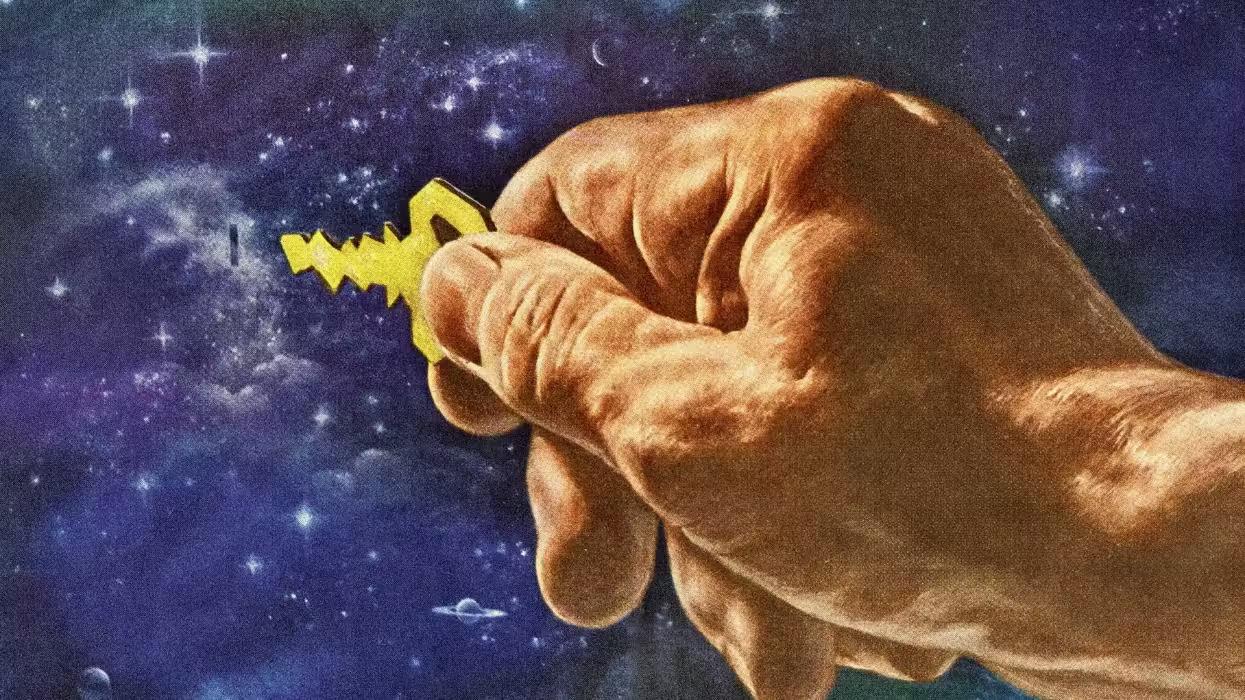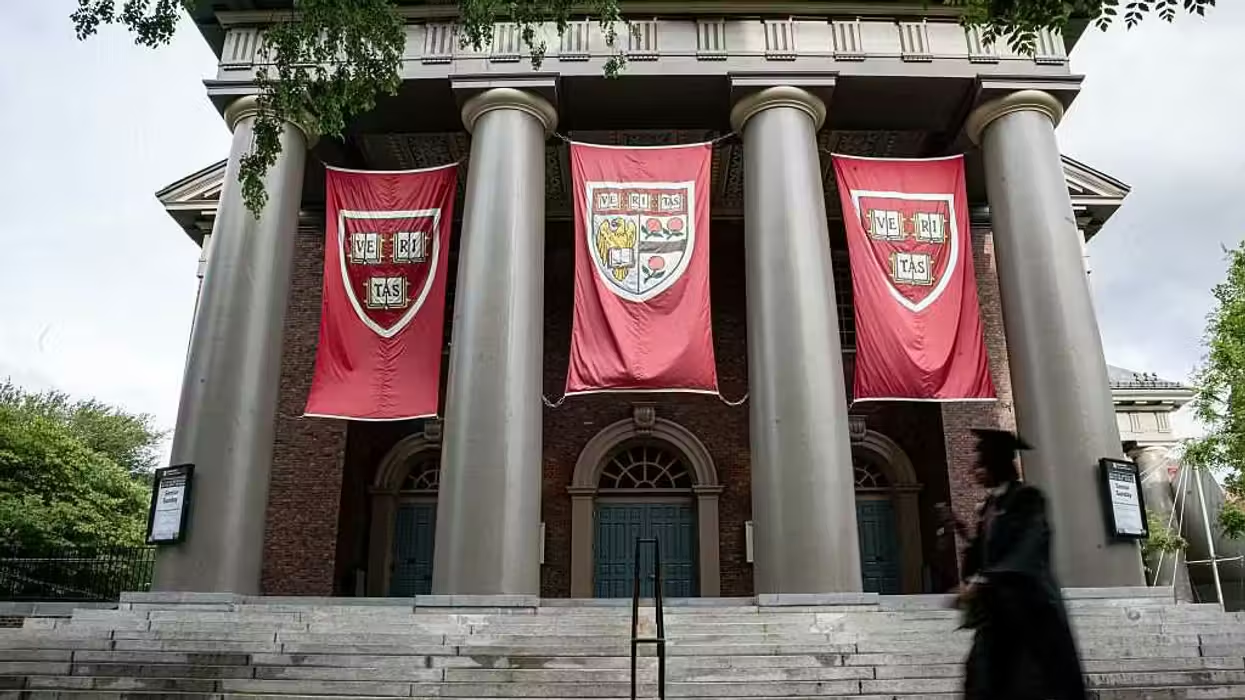
© 2025 Blaze Media LLC. All rights reserved.
"...these male hominids liked their man caves."
 Traditionally, men have been looked at as the travelers, roamers and hunter-gatherers. But, who ever said that commonly held tradition always translates into universal reality? New research indicates that pre-human females were the nomads, while males chose to stay close to home (in their man caves, naturally).
Traditionally, men have been looked at as the travelers, roamers and hunter-gatherers. But, who ever said that commonly held tradition always translates into universal reality? New research indicates that pre-human females were the nomads, while males chose to stay close to home (in their man caves, naturally).
So, with very little to go on, you're probably wondering how scientists made this determination. In an effort to better understand our ancestors, researchers studied African "fossil teeth." According to TIME's NewsFeed:
Researchers examined 19 chompers that belonged to our extinct antecedents, Australopithecus africanus and Paranthropus robustus. The teeth, unearthed in two South African caves, suggest that half of the female inhabitants hailed from afar, while 90% of the males were homegrown.The researchers discovered this by testing the enamel on the teeth for strontium, which varies by region and is absorbed from the soil by plants and animals. While the homebody men shared similar levels of the naturally-occurring element, the ladies' strontium isotope levels varied, indicating that they came from far and wide.
The USA Today quips that these male hominids "lik[ed] their man caves." Now that scientists have begun to unlock some interesting tidbits about our ancestors, there are new questions emerging. Why did males stay close to home and women roam? What fueled these gender roles? Jeffrey Laitman, director of the Center for Anatomy and Functional Morphology at the Mount Sinai School of Medicine, says that determining the reasons for these behaviors will likely be tough. He said:
"I think they're going to have to extrapolate a bit, but at least we have the beginnings of the story. I don't think this is by chance — I think their data is real, and they're cracking open the behaviors of our ancestors."
Sandi Copeland, a paleoanthropologist at the University of Colorado, believes that these revelations could be the start of the pre-human sense of community. This would have intriguing revelations for the social sciences, as the AP notes that community continues to be an important element in communities across the globe. Tracking its beginnings would potentially be immensely beneficial to the field. Watch Copeland explain this important research below:
Want to leave a tip?
We answer to you. Help keep our content free of advertisers and big tech censorship by leaving a tip today.
Want to join the conversation?
Already a subscriber?
Billy Hallowell is a digital TV host and interviewer for Faithwire and CBN News and the co-host of CBN’s "Quick Start Podcast."
Billy Hallowell
Billy Hallowell is a digital TV host and interviewer for Faithwire and CBN News and the co-host of CBN’s "Quick Start Podcast."
more stories
Sign up for the Blaze newsletter
By signing up, you agree to our Privacy Policy and Terms of Use, and agree to receive content that may sometimes include advertisements. You may opt out at any time.
Related Content
© 2025 Blaze Media LLC. All rights reserved.
Get the stories that matter most delivered directly to your inbox.
By signing up, you agree to our Privacy Policy and Terms of Use, and agree to receive content that may sometimes include advertisements. You may opt out at any time.





